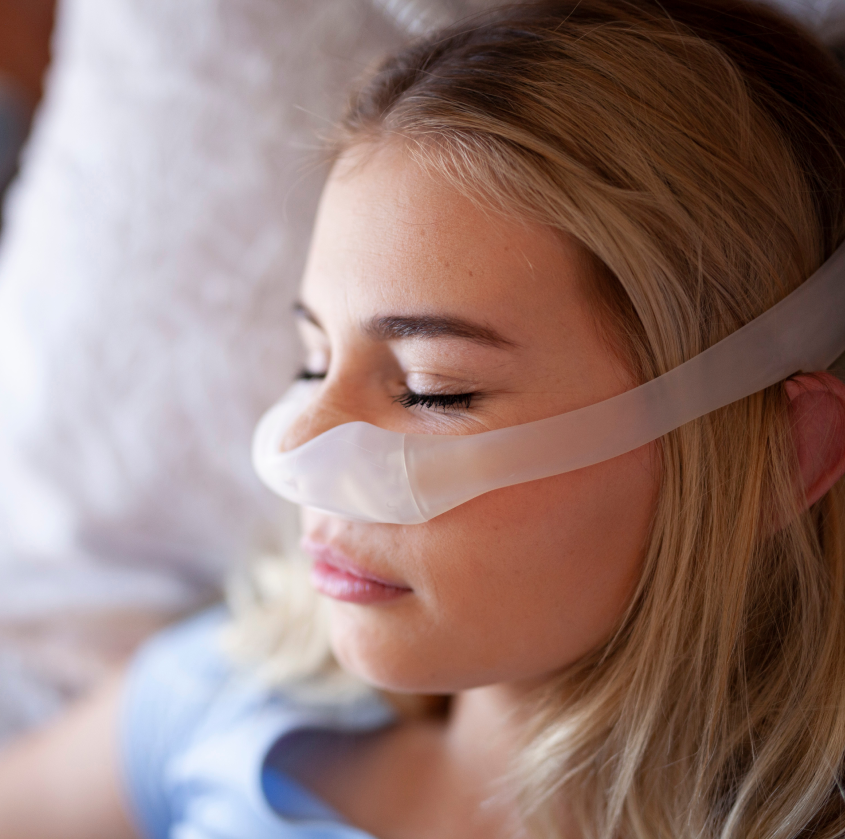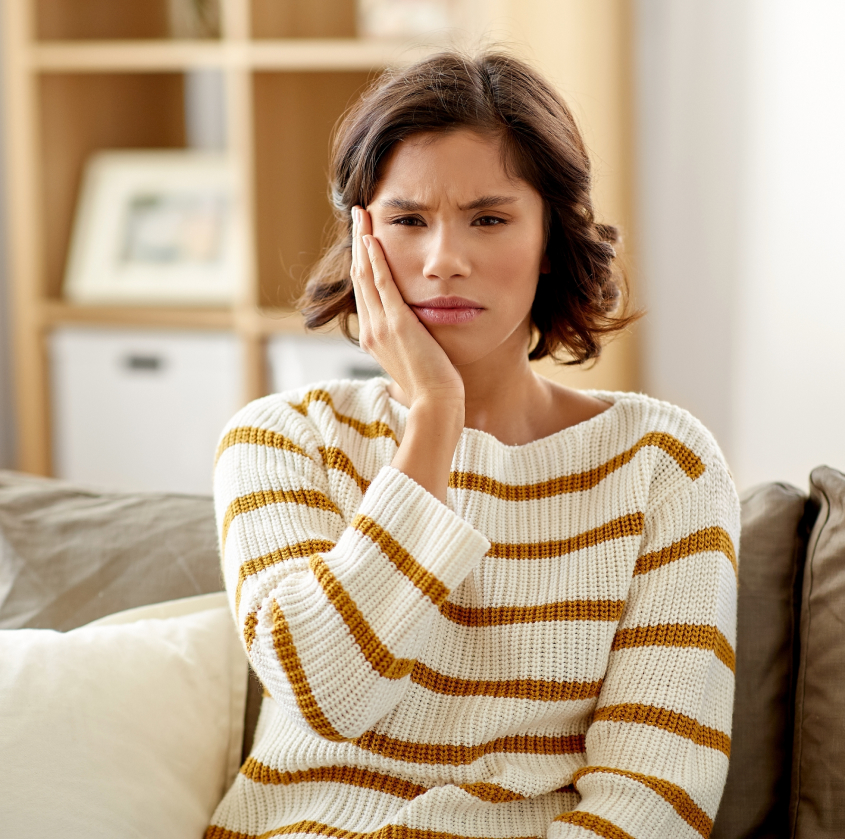Why People Love Cornerstone Family Dentistry
Say Hello to Peterborough’s Smile Experts
Our team shares a commitment to excellence and a passion for creating healthy, confident smiles. We'll treat you like family, delivering the highest standard of care in a warm, welcoming environment.
Modern Care for Better Outcomes
Experience the difference of modern dentistry with our state-of-the-art CEREC technology, offering same-day crowns and restorations. No more temporary crowns or return visits – get your perfect smile in a single appointment.
Same-Day Emergency Care
Life doesn't wait for dental emergencies, and neither do we. Our dedicated team provides same-day emergency appointments, ensuring you get prompt relief when you need it most.
Our Dental Services
We provide comprehensive family dental care, including checkups, Invisalign, emergency services, and natural-looking implants.
Located in Peterborough, ON
Conveniently located at 681 Reid Street on the northern edge of downtown Peterborough, our modern clinic serves families throughout the Kawarthas. Minutes from Little Lake and easily accessible for patients from Bridgenorth to Millbrook, we're your neighborhood dental team, combining advanced care with hometown service.
We Welcome
Your Insurance
We accept most major dental insurance plans and offer flexible payment options to make quality dental care accessible. Our team will help maximize your benefits and explain all costs upfront. Payment options include Interac, major credit cards, and convenient financing through Dental Card.

Experience the
Cornerstone Difference
Patient Comfort First
Enjoy Netflix during your treatment, soothing music, and amenities designed to make every visit stress-free.
Family-Friendly Scheduling
We understand busy family schedules and offer extended hours and family block booking options.
Multilingual Care
Our diverse team provides care in multiple languages, ensuring clear communication for all patients.
Technology with Purpose
From digital X-rays to same-day crowns, we invest in technology that makes your care more comfortable and convenient.
Connect with Us
.webp)









